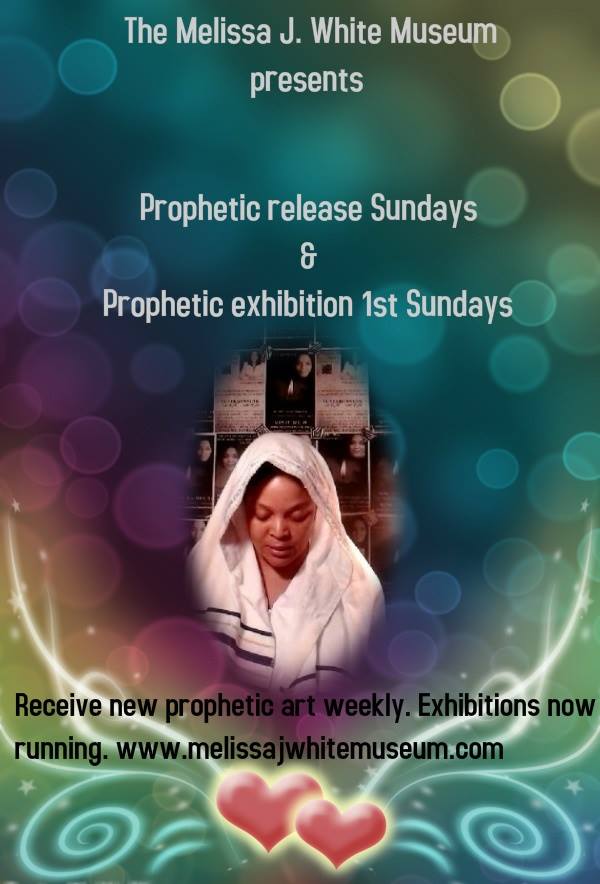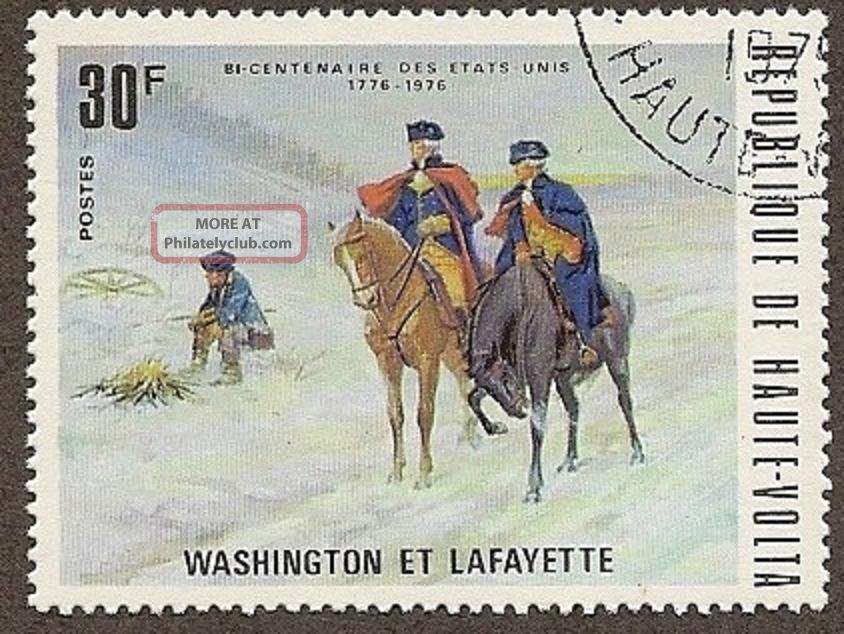
The national cloth made up of woven strips of cotton or silk was called faso dan fani (this will be the subject for another post).Įnjoy this video, and travel to Burkina Faso, the land of the upright people. Sankara was then addressed as the PF or the President of the Faso.

Thus, Thomas used three of the main languages in his country to choose a name that was truly representative of the country and its people. The people of the country are known as the Burkinabé, where the suffix ‘bé’ comes from the Foufouldé language spoken by the Peulh people (a tribe found in many countries across West Africa), and means ‘men or women’. Thus the Burkina Faso is ‘ the land of upright people‘ or ‘ the land of honest people‘. Burkinafrom Mòoré means ‘ men of integrity‘, while Fasoin Diouala means ‘ fatherland‘.

He chose two names after two main languages of the country: the Moore (or Mossi language) and the Dioula. Well, on 4 August 1984, Thomas Sankara, with his usual charisma and revolutionary spirit, decided to change the country’s name to Burkina Faso. No wonder the name needed to change, as it had no real meaning! Thomas Sankara a Ouagadougou

The Volta river also flew into Ghana, which was never known as the ‘Lower Volta’. Since the river had three tributaries: the Black Volta, the white Volta, and the red Volta, Upper Volta’s flag also had those three colors. Thus Upper Volta was named for the region above the Volta river flowing in the area the people of that country/area where thus known as the ‘Voltaics’ ( Voltaiques in French).

All of the coups that took place in this twenty-seven year period were. Since its independence from France on 5 August 1960 to 15 October 1987, Burkina Faso, the 'land of the upright' people, has experience five changes in government. Originally, Haute Volta or Upper Volta, was just given by the European colonizer, the French, more as an indicator or geographic pointer, and had no real attachment to the people of that region themselves. Abstract (from thesis text) From Upper Volta to Burkina Faso, is the study of the politics of reaction and reform in a post-colonial nation-state of Burkina Faso. Burkina and then Faso? or even simply two names in its history: Upper Volta and then Burkina Faso? Well, the country named Upper Volta was given a new name in 1984 by then President Thomas Sankara, who chose the name Burkina Faso. Afghanistan, Africa, Albania, American Samoa, Andorra, Anguilla, Antigua and Barbuda, Armenia, Aruba, Azerbaijan Republic, Bahamas, Bangladesh, Barbados, Belarus, Belize, Bermuda, Bhutan, Bolivia, Bosnia and Herzegovina, Botswana, British Virgin Islands, Brunei Darussalam, Bulgaria, Cambodia, Canada, Cayman Islands, Central African Republic, Chad, China, Comoros, Costa Rica, Croatia, Republic of, Cuba, Republic of, Cyprus, Czech Republic, Côte d'Ivoire (Ivory Coast), Djibouti, Dominica, Dominican Republic, Ecuador, El Salvador, Falkland Islands (Islas Malvinas), Gambia, Georgia, Gibraltar, Greece, Greenland, Grenada, Guadeloupe, Guatemala, Guernsey, Guinea-Bissau, Guyana, Haiti, Honduras, India, Indonesia, Italy, Jamaica, Jersey, Kazakhstan, Korea, North, Kyrgyzstan, Laos, Libya, Lithuania, Macau, Macedonia, Madagascar, Malawi, Maldives, Malta, Marshall Islands, Martinique, Mayotte, Mexico, Middle East, Moldova, Mongolia, Montenegro, Montserrat, Morocco, Nauru, Nepal, Netherlands Antilles, Nicaragua, Pakistan, Palau, Panama, Paraguay, Philippines, Reunion, Romania, Russian Federation, Rwanda, Saint Kitts-Nevis, Saint Lucia, Saint Pierre and Miquelon, Saint Vincent and the Grenadines, San Marino, Senegal, Serbia, Sierra Leone, Slovak, Slovenia, Somalia, South America, Sri Lanka, Sudan, Suriname, Svalbard and Jan Mayen, Swaziland, Syria, Tajikistan, Thailand, Trinidad and Tobago, Tunisia, Turkmenistan, Turks and Caicos Islands, Tuvalu, Ukraine, Uruguay, Uzbekistan, Vatican City State, Venezuela, Virgin Islands (U.S.Have you ever wondered about the name of the country Burkina Faso? Why would a country have two names, i.e.


 0 kommentar(er)
0 kommentar(er)
